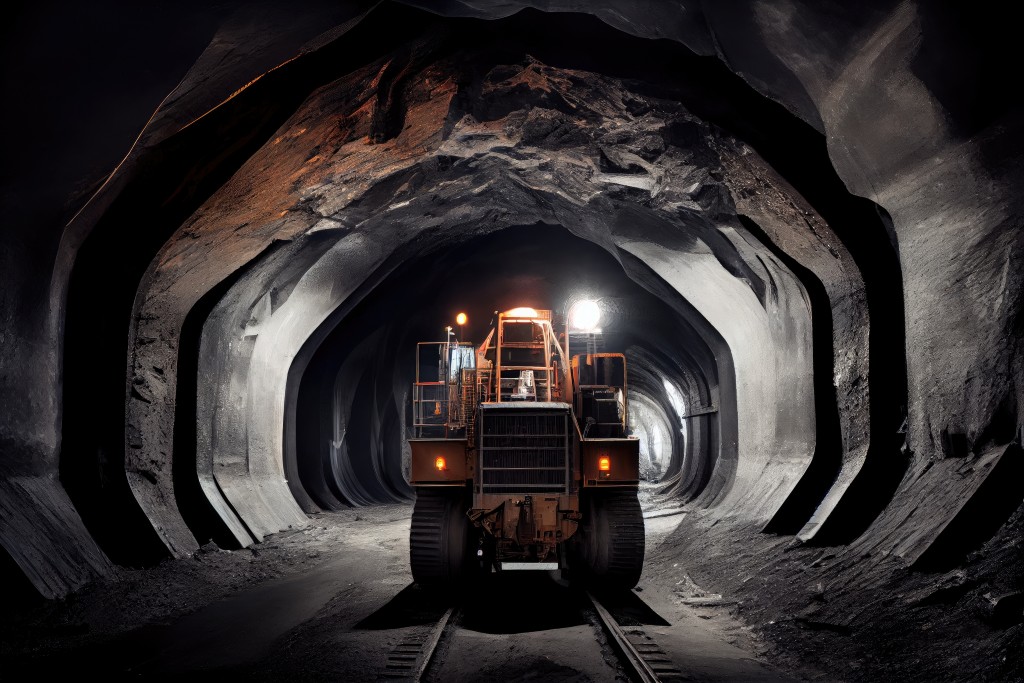Halloween is around the corner, and it is inexorable for stories of haunted homes and terrified residents to creep up. Haunted properties, also known as stigmatised properties, have psychological tags that make people shun them. This either results in the home being sold at a lower market price due to lower demand or if it is to be rented out, suffers from the lack of willing tenants.
Despite the intangibility of ghosts and apparitions, they incur very tangible results. In the United States, for example, house sellers could face legal problems for not declaring a property as stigmatised.
Psychological tags aside; are house buyers and renters really bothered about a stigmatised property? StarProperty fielded answers from several participants of different backgrounds and beliefs, and here are the results:
For Chong Yi Loon, an entrepreneur, he will not consider buying a stigmatised property for own stay, saying that it may create unnecessary worries for his family. Even if the home is being rented out at a much cheaper rate, Chong is not persuaded. For him, rental is not the main factor as he is willing to pay a higher price for a place of his preference.
“I am not against haunted properties, because it is human nature for us all to pass away one day,” he said, adding that he once lived in a serviced apartment where a child had drowned in the swimming pool.
Chong will only buy a stigmatised property for investment purposes, and the purchase price should be lower than 40%. However, he still needs to study the opportunities and infrastructures surrounding the property in question, and whether it can be turned into a cafe, a place for adventure games or for rental purposes. He pointed out that the price after discount should take into account other necessary costs required to bring it up into working order.
Accounts manager Daniel Ravin said rental for stigmatised properties should be cheaper to reflect the market demand. “I personally wouldn’t want to live in a home which I won’t be able to have a basic peace of mind,” Daniel said. He is of the opinion that stigmatised properties do not make good investments, but there are exceptions to the case. When prompted about a heavy discount, he said he might consider the possibility if the property can be cleansed spiritually first.
HUEX Agency co-founder Tengku Muhammad Nasiruddin prefers not to live in a stigmatised property, citing the Malay belief that a home with bad vibes can affect the marriage, family and career. According to Nasiruddin, he had a friend living in a haunted house who was being disturbed every night. The doors would close by themselves, and there were noises in the kitchen, although no one was there. Also, he would hear scratching noises on the ceiling.
“I will still find other options even if the rent is cheaper,” Nasiruddin said, adding that he may rent a stigmatised property only if there are no more choices.
Not unlike Nasiruddin, Bertrand Chua said the Chinese also believe in taboos, and such homes will not bring good luck, energy and health to those staying in it. “I will not choose to live in a problematic house,” he said, even if the rental was cheaper.
When asked if he would purchase a stigmatised property for investment purposes, Chua is ready to consider it only if the reputation is not terrible, such as the Kodokushi house where the ex-owner may have died there alone. However, he expects a discount of around 15% to 30%. According to Chua, he could perform some renovation and maintenance to the home, then rent it out to atheist tenants.
According to Nur Adilah, a student, she will not risk herself to live in a stigmatised home, saying that a home should be a safe space for everyone. “I have read a few hair-raising experiences from people who once lived in haunted houses and I do not want to experience the same,” she said.
Adilah is willing to spend more money to rent a home, provided that it is comfortable and does not have any unpleasant history. In her own words, a home is not merely a shelter, but it should also be a personal space to seek tranquility.
Also, she would not invest in such homes even if the price offered is under the market rate, as she believes people would not dare to rent there. “Most importantly, I wouldn’t jeopardise other people’s well-being by renting a haunted property to them,” she said.
Stay ahead of the crowd and enjoy fresh insights on real estate, property development, and lifestyle trends when you subscribe to our newsletter and follow us on social media.



















































